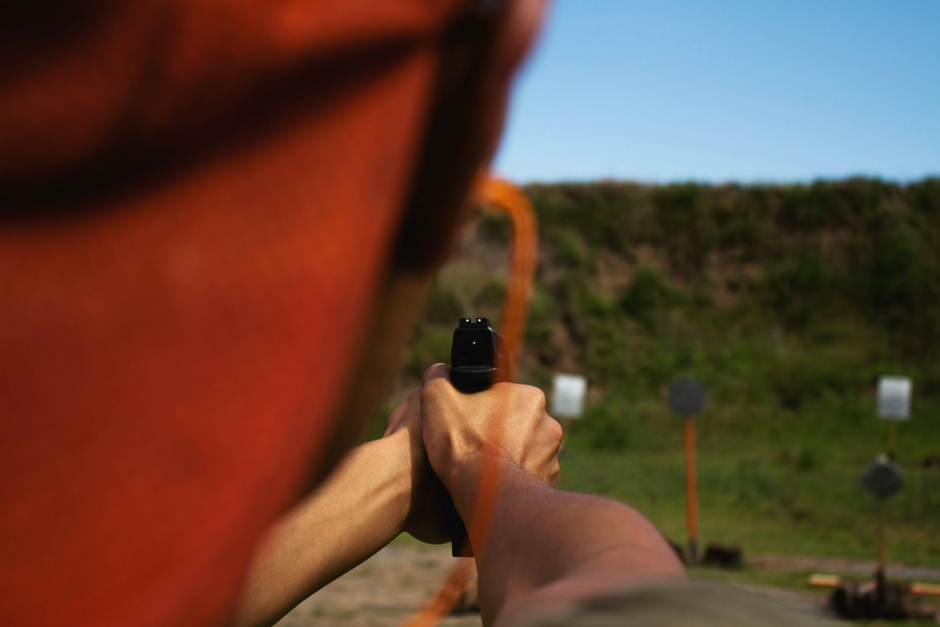
Photo by Joel Moysuh on Unsplash
Self-defense cases represent a complex intersection of personal rights and legal responsibilities within our justice system. The outcome of a self-defense case can significantly affect a person’s life and may shape the future of legal proceedings. When claiming self-defense, defendants must navigate numerous challenges while ensuring their actions align with legal requirements and reasonable force provisions.
Misinterpretation of Self-Defense Laws
Self-defense laws emphasize reasonable force and proportional response, yet many defendants misinterpret these critical requirements. Common misconceptions often arise from media portrayals and international influences, leading to problematic assumptions about defensive rights.
Many individuals mistakenly believe that any threat justifies forceful response, overlooking crucial legal requirements such as the strict limitations on defensive force. This misunderstanding often leads to problematic defense strategies that may not hold up in court.
Lack of Proper Evidence Will Affect a Self-Defense Claim
Evidence forms the backbone of any successful self-defense claim. Unfortunately, many cases falter due to insufficient or improperly preserved evidence. Security footage, photographs of injuries, medical records, and witness statements must be collected promptly and preserved correctly according to evidence standards.
Digital evidence is becoming more common in courtrooms. In order to maintain the admissibility of digital evidence, lawyers and law enforcement officials must ensure that the integrity of the evidence is maintained. This is done by following a chain of custody and enduring that the evidence meets the legal requirements.
Inconsistent Testimonies in Self-Defense Cases
One of the most damaging elements in self-defense cases involves contradictory statements from witnesses or the defendant. These key pieces of evidence can significantly impact case outcomes:
- Initial statements to police officers
- Written witness accounts
- Social media posts about the incident
- Recorded conversations with law enforcement
- Testimonies during preliminary hearings
- Communications with prosecutors
When these accounts conflict, they can severely undermine the credibility of a self-defense claim, regardless of its legitimacy under law.
Emotional Reactions and Erratic Behavior in a Courtroom
Courtroom demeanor plays a crucial role in self-defense cases. Defendants often struggle to maintain composure when recounting traumatic events or facing cross-examination. Emotional outbursts, aggressive responses, or inconsistent behavior can damage credibility and contradict claims of reasonable action during the incident. An experienced legal professional can assist in presenting oneself professionally while demonstrating genuine emotion becomes essential for successful case outcomes.
Safeguarding Your Legal Rights
To effectively navigate self-defense cases within the legal system, individuals must prioritize legal preparation and informed decision-making. The outcome of a self-defense case is determined by a proper interpretation and understanding of the relevant laws, maintaining documentation and electronic evidence and working together with legal professionals. A self-defense lawyer can help your case in ensuring that evidence is presented properly and that testimony is consistent withCanada self-defence law.
Creating a strong foundation for your case requires immediate action following any self-defense incident. Document everything thoroughly, avoid discussing the case on social media, and maintain professional composure during all legal proceedings. Remember that every statement, action, and piece of evidence can impact your case’s outcome.

